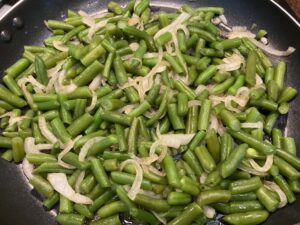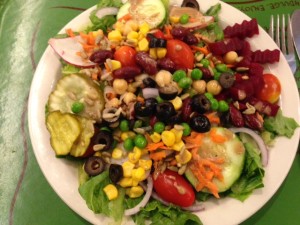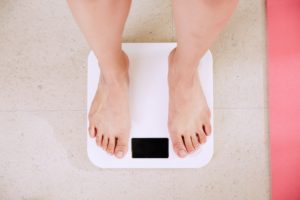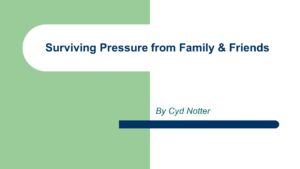When you need a "go-to" side dish you can whip up in a hurry, it doesn't get much simpler than this!
Especially if you use Steamer Green Beans.
Do use "seasoned" rice vinegar (not plain) - it does make a difference.
Here's the recipe!
Green Beans with Braised Onions







